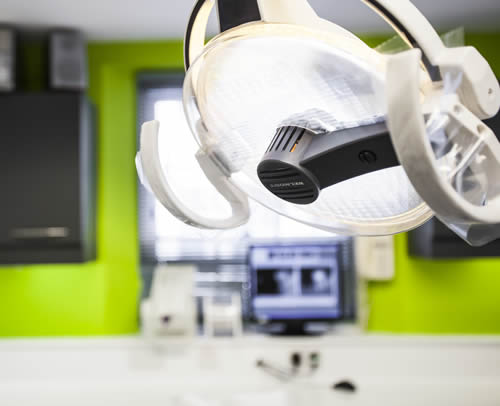When (And How) To Brush Your Teeth

Getting the basics right improves your chances of having healthy teeth.
You may have seen a recent newspaper article which debated whether you should clean your teeth before or after breakfast?
We thought that our Tunbridge Wells patients might like to read the thoughts of the dentists at the Calverley Dental Practice on this most basic means of helping to keep our teeth strong and healthy.
Although it is a basic function, brushing your teeth is important; not just regularly but correctly too.
When to brush
You should brush your teeth twice a day is the golden rule, both morning and night. This is a fairly general explanation though and deserves looking at more closely.
For the morning, it really doesn’t matter whether you brush your teeth before or after your breakfast. Some people prefer to freshen up their mouth upon waking, whilst others feel that this makes their breakfast taste strange. If you do choose to brush your teeth after breakfast, it is advisable to leave an hour or so after eating before brushing your teeth. The reason for this is that some breakfast foods, especially fruit or juices, will cause the enamel to soften marginally for a while and brushing teeth straight away will contribute to wearing down the enamel.
Night time brushing is much more straightforward. You should brush your teeth last thing at night before getting into bed. Special care should be taken not to eat anything after brushing your teeth, before bedtime. Even the smallest snack will mean that sugars remain on your teeth and gums throughout the night if you do this.
How to brush
Equally important is how you brush your teeth. Too many people simply give their teeth a quick ‘scrub’, possibly using a fairly ancient toothbrush too. This combination means less effective cleaning and quite probably some damage too.
If your toothbrush is more than three months old, or the head of an electric brush is, it is time to change it. Bristles will soften over time and become less effective at removing food particles and bacteria from the teeth and gum line. There is also no need to ‘scrub’. A gentle circular brushing motion is ideal. Applying too much pressure when brushing can cause the enamel to wear, exposing your teeth to problems such as decay and root canal infections.
You should also make sure that your toothpaste contains fluoride. Most brands do, but some natural toothpastes may not. Fluoride helps to strengthen the enamel, helping it to protect the more vulnerable inner part of the tooth.
Once you have brushed your teeth, spit but do not rinse. This allows the fluoride to remain in contact with your teeth for longer, helping to strengthen them. For optimal oral health care, we also recommend that you see the hygienist at the Calverley Dental Practice at least twice a year to have your teeth thoroughly cleaned and to be updated with the latest in personal oral care advice.
To arrange an appointment at our friendly Tunbridge Wells dental clinic, please call us on 01892 543898.